A Twitter Chat, or TweetChat, is a real-time Twitter event focused around a specific topic. It’s a chance to learn from industry subject matter experts and interact with people with similar interests in an informal way. We spoke with Lunchtime Studios, creators of adventure RPG Lords of New York, and Frogdice’s CEO, Michael, and Creative Director, Dalaena, to provide insight on how to write quality reviews for independent games. This article is a recap of our Twitter Chat and highlights the thoughts and expertise of those who participated.
A1: I actually think reviews are the least important type of media coverage for an indie dev. #gswriterchat
— Michael Hartman (@Muckbeast) May 12, 2016
Reviews are more about judging a game by some standard that is typically more appropriate for AAA games. What indie games benefit most from are deep dive analyses of what makes that game special so they can find their audience.
A1: Two primary reasons.
1) Marketing – Indies struggles tremendously with marketing. We can’t afford it & or lack knowledge #gswriterchat— Lunchtime Studios (@lunchtimesnacks) May 12, 2016
Reviews are one of the main forms of marketing we can use. “Lords of New York Is The Most Surprising Game at PAX” is gold. Those aren’t words we can use, but we can use that review in our own marketing.
Q1: Reviews serve several purposes for indie devs. First, it gives us much needed exposure. But it also serves other needs. #gswriterchat
— Pang @ Frogdice (@Dalaena) May 12, 2016
It allows us a glimpse into different ways players might view and play our game. It can help us re-prioritize features. Reviews also help us find strengths & weaknesses in our game. Reviewers usually have 1 or 2 features they love or hate.
A2: The number most important thing is to build trust from your customers. A solid, geniuine, compelling review will … #gswriterchat
— Lunchtime Studios (@lunchtimesnacks) May 12, 2016
…allow gamers to make the leap of faith needed to buy an indie title from an unknown dev. So the most important part really is the headline – compelling, genuine? An example of a grabbing headline one might read “Cheating in games leads to more fun” – it challenges people’s notion Of what cheating is. Immediately people will have an opinion and want to see what you’re saying. Headlines: so important.
A2: The most valuable part of a review for an indie dev is the non-review part that just talks about the game. (1/3) #gswriterchat
— Michael Hartman (@Muckbeast) May 12, 2016
Then follow up articles that tell even more about the game, its launch, updates, etc. are vital. A one shot review will be forgotten by readers quickly. The followup articles are vital.
A2: I usually read the last paragraph first. Then I go back and read the whole thing. Final words leave a lasting impression. #gswriterchat
— Pang @ Frogdice (@Dalaena) May 12, 2016
As a designer I like knowing what features stand out, so I read reviews differently than our marketing person does. As a player, I use reviews as a list of features that intrigue me. Do I see anything that makes me need to get it NOW?
A3: A quality review imparts critical information to players regardless of personal likes or dislikes of the reviewer. #gswriterchat
— Pang @ Frogdice (@Dalaena) May 12, 2016
A3: A great review focuses on explaining what the game is trying to be so a reader can decide if that interests them. (1/2) #gswriterchat
— Michael Hartman (@Muckbeast) May 12, 2016
The score/judgement is best saved until the end and kept brief, so it doesn’t warp/color the rest of the analysis.
A3: Most importantly, it must be genuine. There are tons of fake 5 star reviews and comments on free-to-play games. It dulls.. #gswriterchat
— Lunchtime Studios (@lunchtimesnacks) May 12, 2016
It dulls us to real reviews. We must decide (as gamers) if the review is real or not. That makes the difference. I’ll also look and see if anyone has additional experiences in the comments of a review in an effort to find confirmation.
A4: Constructive is something that provides something fixable. Someone who hates story in games and complains about it… #gswriterchat
— Lunchtime Studios (@lunchtimesnacks) May 12, 2016
Someone who hates story in games and complains about it isn’t useful, but if they complain there’s not enough meaningful dialogue, or that the story elements drag when they could be optimized – now that’s good feedback about the story mechanic, and would spur a smart indie into action. So a destructive review is just negative or judges things without seeing the intent. If the reviewer seeks to find the meaning in the game, often they can be empathic and provide good feedback about things they didn’t like…including “I couldn’t tell what the game was really about.”
A4: A constructive poor review still describes the game well enough that someone who might like it despite the flaws (1/3) #gswriterchat
— Michael Hartman (@Muckbeast) May 12, 2016
…could still consider playing it. A destructive, poor review tells almost nothing about the game but instead just ridicules and flames the game for the sake of grandstanding, going viral, views/clicks, etc.
A3: Constructive poor review explains clearly the issues the reviewer has with each negative feature. #gswriterchat
— Pang @ Frogdice (@Dalaena) May 12, 2016
Constructive poor reviews judge the game for what it is trying to be. The reviewer sees (tries) the vision of the devs. For example, Dungeons got wrecked in reviews for not being Dungeon Keeper, but it was INSPIRED by DK. It is not DK. Judged on its own merits, Dungeons had problems but it didn’t deserve the negative reviews for basically not being DK.
A5: Our goal is to make the best games possible and tell the most compelling memorable stories we can. To do that, we have to #gswriterchat
— Lunchtime Studios (@lunchtimesnacks) May 12, 2016
To do that, we have to learn some tough lessons along the way. We prefer to learn them in private or with hands on feedback, but sometimes it’s the failures that tell you the most. We failed our Kickstarter a few years back. Hard swallow, but lessons learned. In any review, we look for if our intent is seen.. one review we got said: “It (Lords of New York) instead focuses on what people really care about: other people.” — exactly our intent.
A5: As a designer, negative/critical reviews (especially early) can help you find fatal flaws in the “fun” of your game. #gswriterchat
— Pang @ Frogdice (@Dalaena) May 12, 2016
Studios often become closed loops of feedback when in development. Good critical reviews break into that loop. Knowing who the reviewer is also can help you understand demographics you may have ignored or have gone unheard.
A5: if a negative/critical review accurately points out flaws and mistakes you can learn from them and not repeat them. #gswriterchat
— Michael Hartman (@Muckbeast) May 12, 2016
You may even be able to fix things in a patch and make your game significantly better and more commercially viable.
A6: Games in alpha/pre-alpha should probably not be reviewed. Just share information about the game to educate gamers. #gswriterchat
— Michael Hartman (@Muckbeast) May 12, 2016
Q6: One of the graces of pre-release is knowing it’s out there to get feedback and be improved. We are counting on … #gswriterchat
— Lunchtime Studios (@lunchtimesnacks) May 12, 2016
We are counting on using feedback to tweak the game in a way gamers find most enjoyable. A Pre-release should allow a reviewer more space to be both empathetic and constructive – “There are massive balance issues, but each build is better.” I’d be surprised to see our game roasted in a pre-release unless it’s fully priced. I feel a full priced game has different expectations. We’ll price our pre-release to be worth the gamble for folks and reward them for their early trust So as a reviewer, I’d probably treat a pre-release full price closer to a released title instead of an exchange for cost for fan feedback a prerelease should be.
Q6: Tough question. This asks a lot of reviewers who only get to the see the product not the development. #gswriterchat
— Pang @ Frogdice (@Dalaena) May 12, 2016
Pre-alpha or alpha games really should not be judged on their graphics, sound, or FX. Look at the core gameplay. Graphics, sound, and FX can be forgiven in alpha. Lack of vision and the core gameplay can be judged from inception. It’s also on the devs to control access and share the vision with early alpha reviewers. Take the time to explain.
A7: Reviewers: remember you are a critic, not a game developer. Don’t assume you know what is easy or how it’s done. (1/6) #gswriterchat
— Michael Hartman (@Muckbeast) May 12, 2016
Features you think are easy to add might actually be very difficult, expensive, or counter to the game’s vision. Learn the difference between something you don’t personally like and something that is done badly. It is not the reviewers place to substitute their vision for the vision of the game developer. The reviewer’s role is very important to the whole ecosystem, but they are not the game developer. Lastly, Don’t review a game if you aren’t willing to also provide followup coverage for games that are good.
A7: The more compelling the headline, more insightful the review, the more likely it will be used in marketing. … #gswriterchat
— Lunchtime Studios (@lunchtimesnacks) May 12, 2016
Fact sheet reviews go in customer AND dev trash cans. Find the nugget the developer is going for, if you can’t create a compelling headline around it, the article may be more useful to some other game. If it’s a popular title, try to understand why, and speak to that. Most of all, be genuine. It’s a streamer wold out there… people will see right through the biz buzz word speak.
A7: Review games with optimism and fun in your heart. (I know that sounds cheesy!) As with anything, the attitude with which…#gswriterchat
— Pang @ Frogdice (@Dalaena) May 12, 2016
As with anything, the attitude with which we approach any project can be seen by the people who consume our products. This is the attitude I take with gamedev. Lastly, try to go into each review without expectations and pre-conceived ideas of how a game “should be”. That causes stagnation in gaming as a whole. It can also blind you to the potential of the game you’ve discovered and are reviewing.
Thoughts & Questions From the Community
.@lunchtimesnacks @frogdice I think empathy is critical in reviews, separate technical aspects from personal, thoughts? #gswriterchat
— Stephen Johnston (@GLStephen) May 12, 2016
“Definitely. Empathy invokes trust and care. Critical for me in reviews as a player.” – Pang @ Frogdice
“Without a doubt – the key being that you can tell it’s from a person and not coming from a fact sheet.” – Lunchtime Studios
Reviews can still help solidify potential purchase decisions so long as the review is about the game in the context of games. #gswriterchat
— PixelMetal (@PixelMetal) May 12, 2016
@lunchtimesnacks I have to admit that I’ve seen the Youtube people doing a better job with indie reviews. #gswriterchat
— Cyrus Nemati (@ahoymehearties) May 12, 2016
@GameSkinny My tip: don’t take advice from developers. Be true to your critical voice, without consideration of how the developer may feel.
— Kevin VanOrd (@fiddlecub) May 12, 2016
Thanks for chiming in @fiddlecub!
You hear that #JTPers! Be true to yourself. Just be constructive.#gswriterchat https://t.co/cOZYk7hc3c
— Pierre Fouquet (@SpazldRust) May 12, 2016
A7: Also! Write to the outsider, not the insider. Comparisons are cool, but don’t rely on them too much. None know all games. #gswriterchat
— Cyrus Nemati (@ahoymehearties) May 12, 2016
.@lunchtimesnacks It seems to me that a fair, but critical, review actually helps indies more than the AAAs #gswriterchat
— Stephen Johnston (@GLStephen) May 12, 2016
“It does sound strange, but it’s true. Even a Blizzard game can have issues, indie titles often have many more.” – Lunchtime Studios
“An indie will definitely be more likely to fix something discovered by a reviewer.” – Michael Hartman
Join Us for our Next #GSwriterchat!
Join us for our next Twitter Chat, #gswriterchat, on Thursday, August. 25, 2016, from 1 – 2 p.m. EST for our Indie Dev Extravaganza! Multiple Indie Dev Studios will be joining us to answer questions about the development process, creating your own game, and how to best cover indie devs as a writer. Whether you’re a fan of indie games and want to talk with some great studios or you’re an indie dev that wants to chime in, you don’t want to miss this!


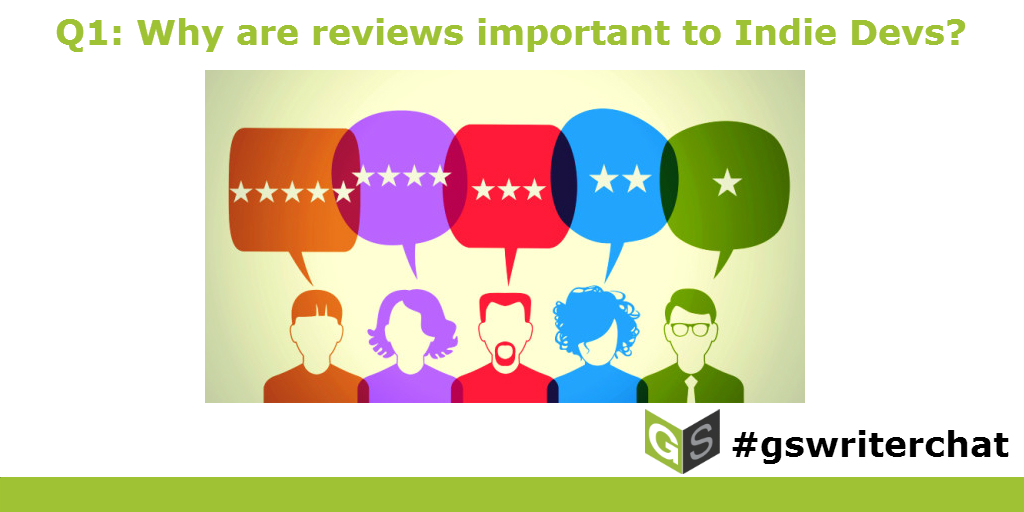

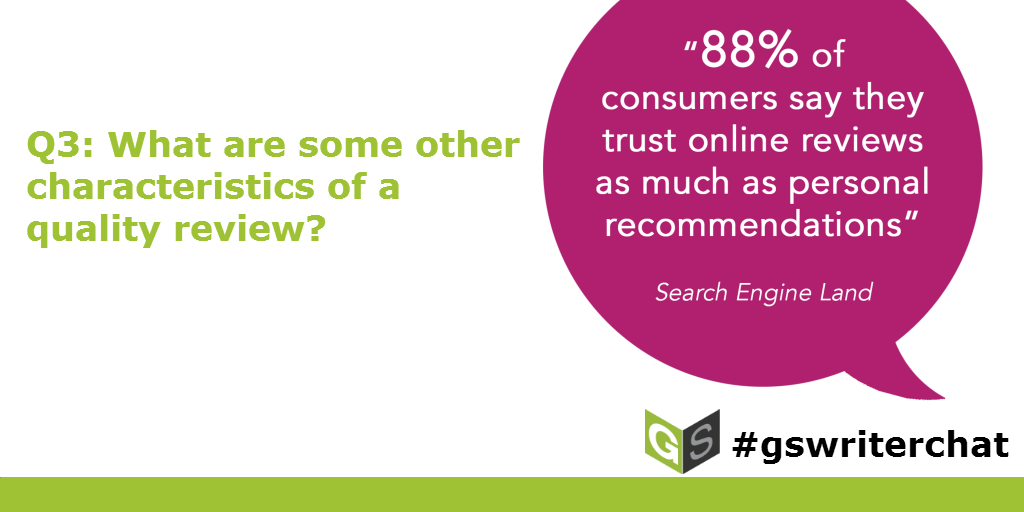
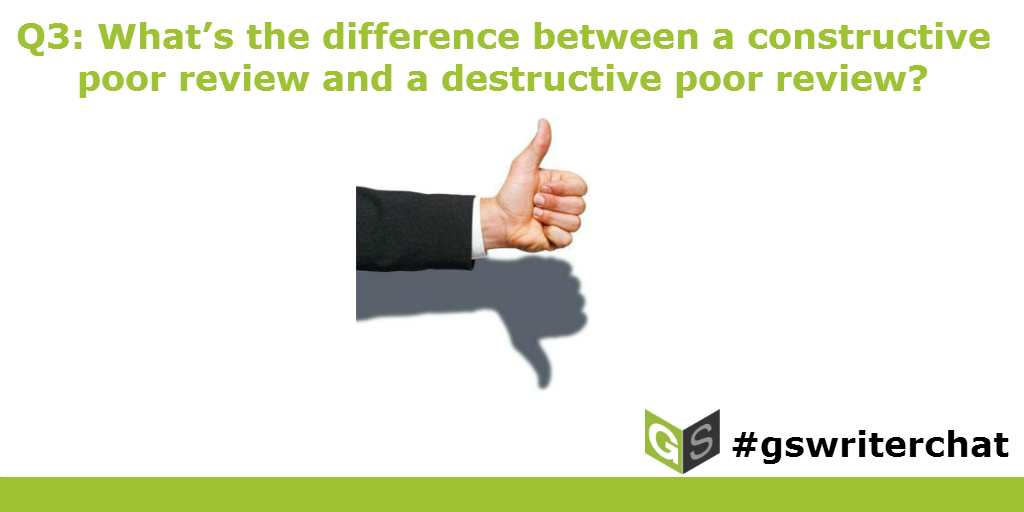
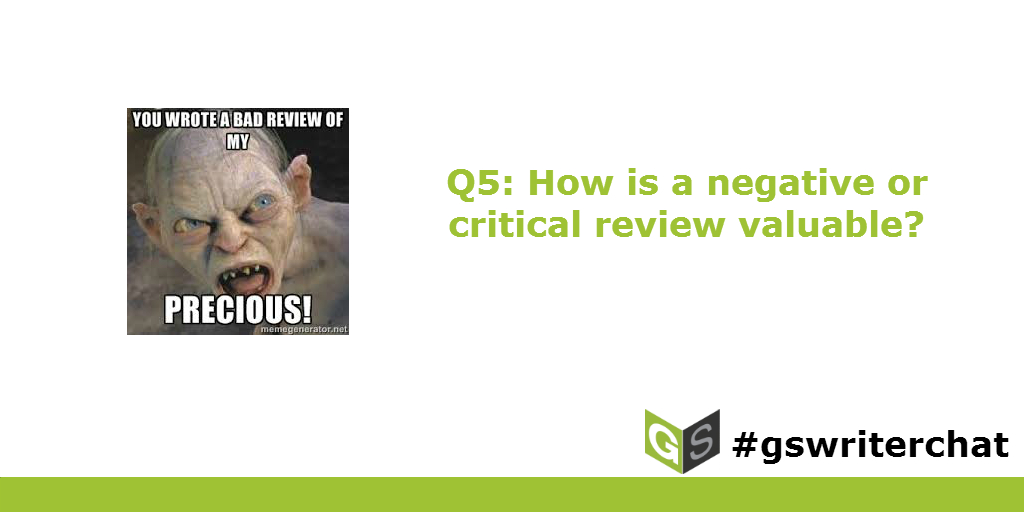

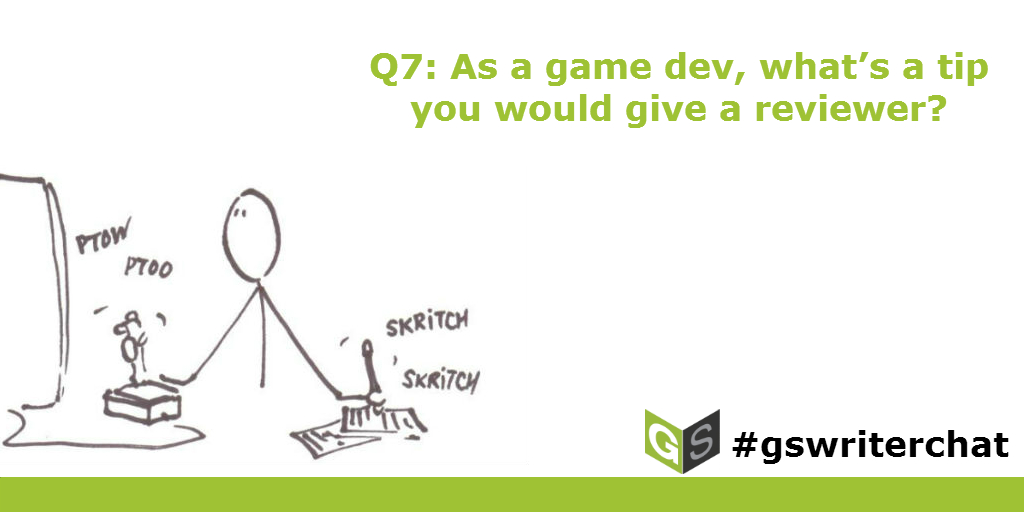
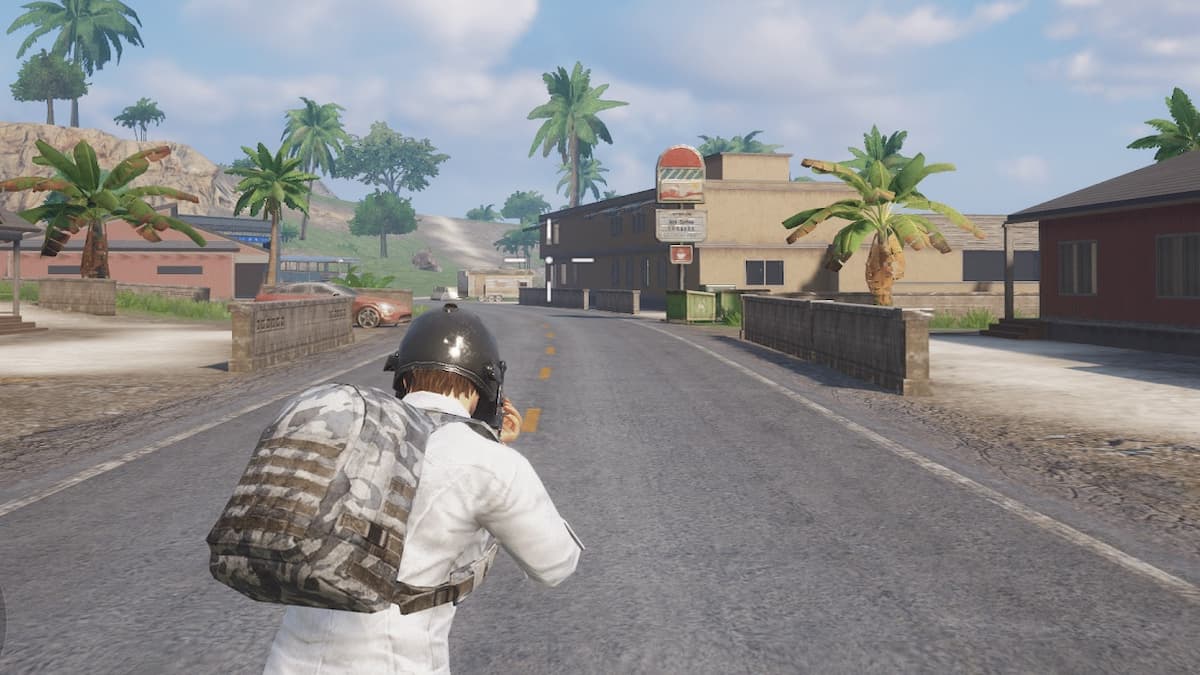
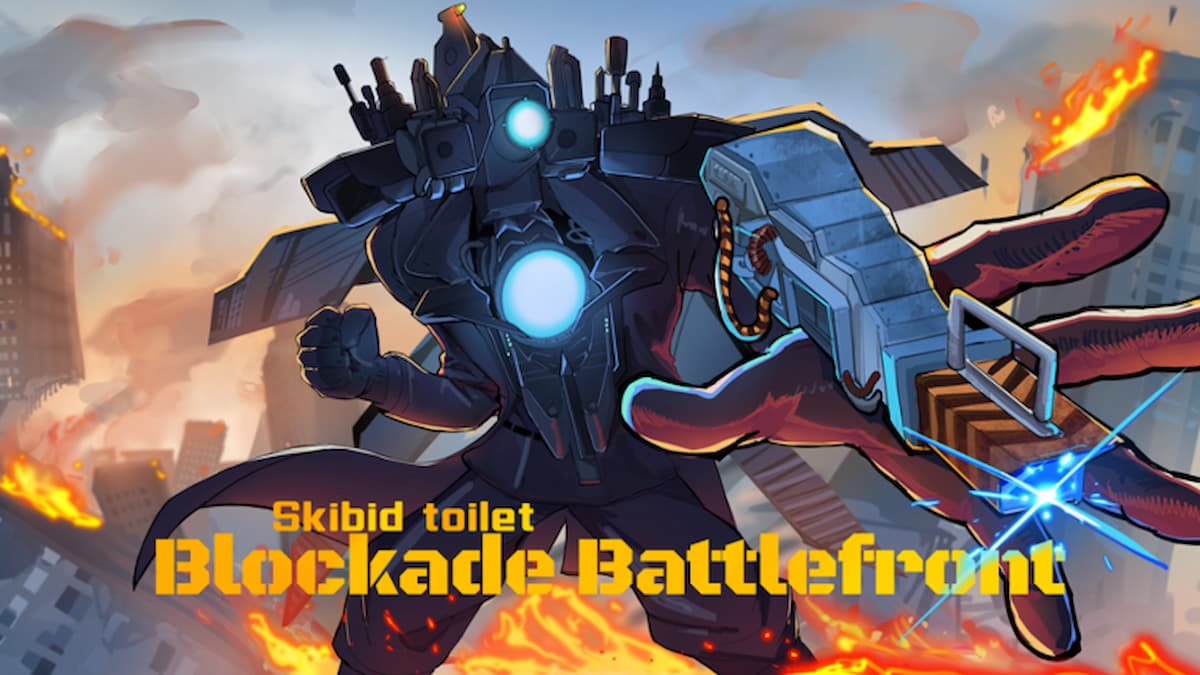
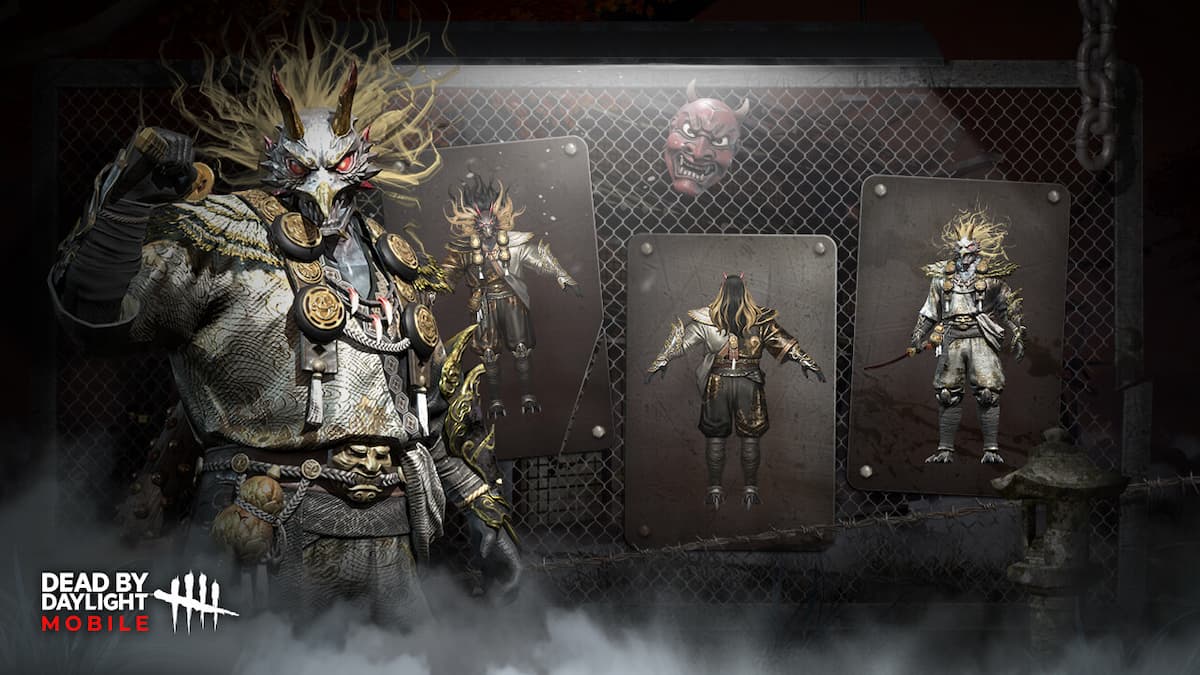


Published: Aug 22, 2016 08:58 pm